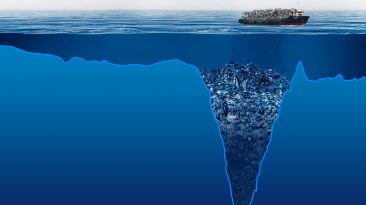Jupiter, the largest planet in our Solar System, has enough mass to swallow millions of tons of debris. So naturally, someone has asked: Why not use Jupiter as a cosmic trash can? What if we launched all of Earth’s waste into space and let the gas giant take care of it?
It may sound futuristic, but here are eight reasons why this plan might be far more complicated and dangerous than it seems. From extreme launch costs to the risk of contaminating space, turning Jupiter into a dumping ground could create more problems than it solves. Even aiming garbage at the planet comes with serious technical and ethical challenges.
1. Earth’s Trash System Is Already Complex
Currently, global waste is handled through a mix of recycling programs, landfill management, incinerators, and, unfortunately, widespread pollution. Even with all this in place, over 2.1 billion metric tons of waste are produced every year.
Some of it ends up in oceans, forests, and remote regions. Adding a new process that shoots this much trash into orbit would demand a complete overhaul of global waste management. The logistics alone would be staggering, requiring countless rockets, coordination between countries, and technology that does not yet exist on a global scale.
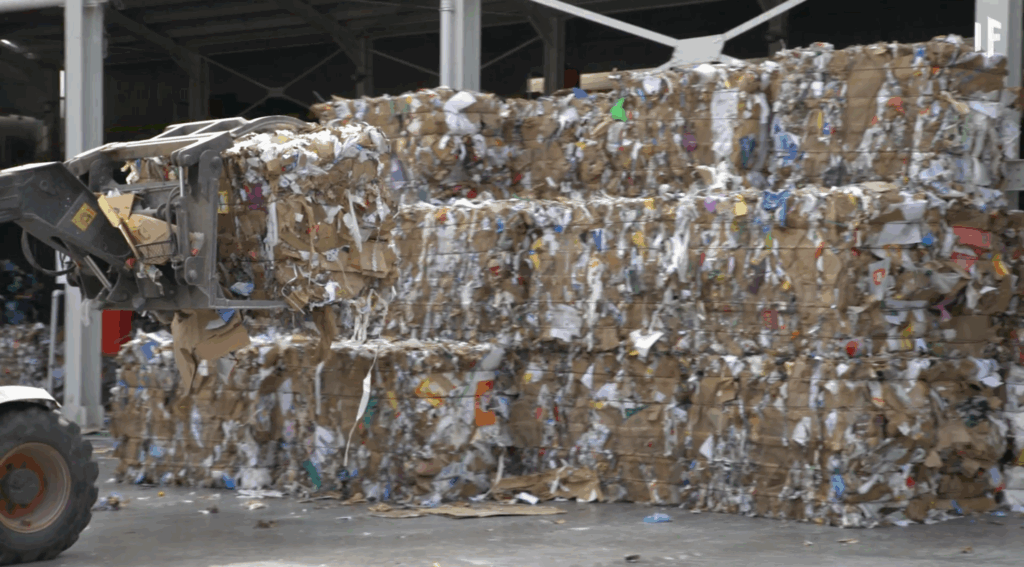
2. The Logistics Would Be Nearly Impossible
Getting trash from your curb to another planet would require multiple stages of collection, compaction, and transportation. That means building highly automated facilities to compress trash, clean it of biological contaminants, and prepare it for long-distance space travel. Governments would need to coordinate on a scale never seen before to make this happen.
From local waste pickup to international launch sites, every link in the chain would need to function perfectly. Delays, accidents, or contamination at any stage could derail the entire system and waste enormous resources.
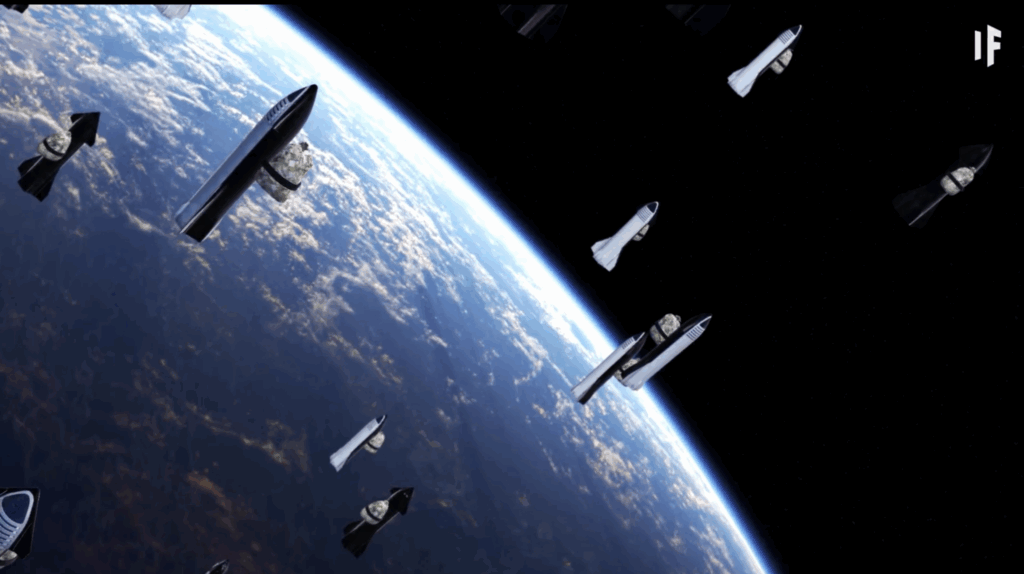
3. We’d Risk Spreading Earth’s Bacteria Across the Solar System
One major concern would be the contamination of space. Even if we planned to destroy the trash in Jupiter’s atmosphere, we could still end up spreading Earth bacteria to other planets along the way.
This could threaten possible extraterrestrial life forms or disrupt alien ecosystems we have not discovered yet. Space agencies already take extreme precautions to avoid contaminating other worlds, and launching trash into space would make those efforts even more difficult. The risk of introducing Earth-based microbes to untouched environments could have serious and irreversible consequences.
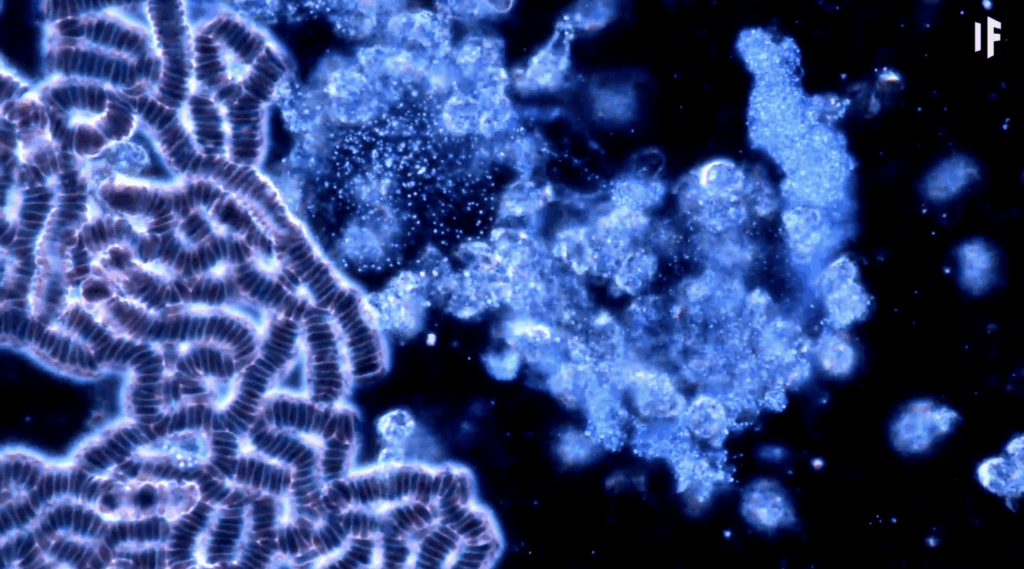
4. It Would Require Spacecraft Beyond Our Current Technology
To haul billions of tons of trash to Jupiter, we would need rockets and cargo ships far larger and more powerful than anything that currently exists. These ships would need to make repeated trips across 778 million kilometers while carrying immense weight.
That would require propulsion systems powered by nuclear fusion or other technologies that remain theoretical today. Even a single launch would demand incredible amounts of fuel, precise navigation, and years of travel time. The energy cost alone could outweigh the benefits of removing the trash.
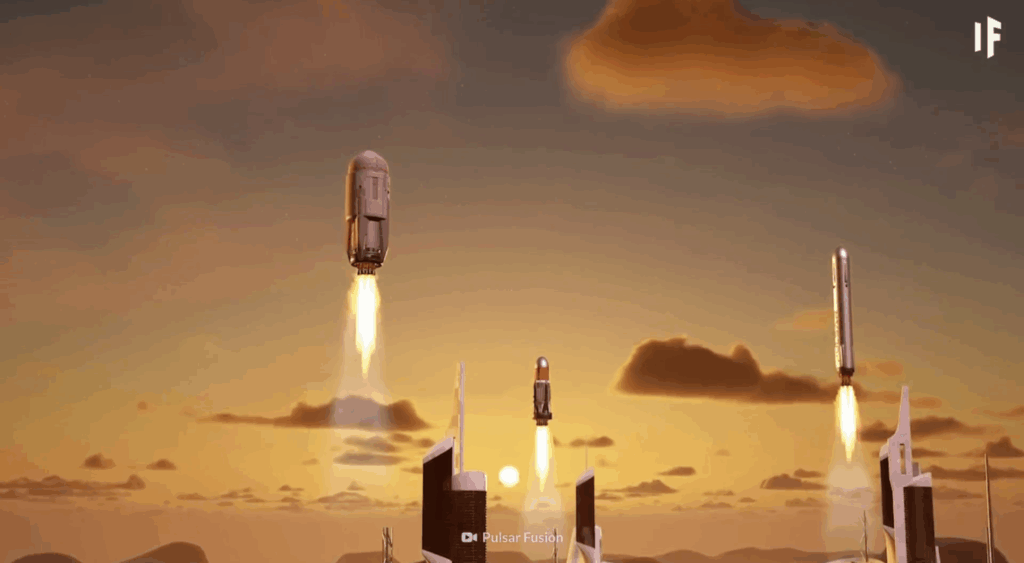
5. Disposing Trash in Jupiter Would Actually Work
If a spacecraft could reach Jupiter and unload the waste, the planet’s extreme gravity and atmosphere would do the rest. Trash would fall through ammonia clouds, be crushed by pressure millions of times stronger than Earth’s, and be incinerated by temperatures exceeding 24,000 degrees Celsius. Theoretically, the trash would be destroyed completely, reduced to its simplest molecules.
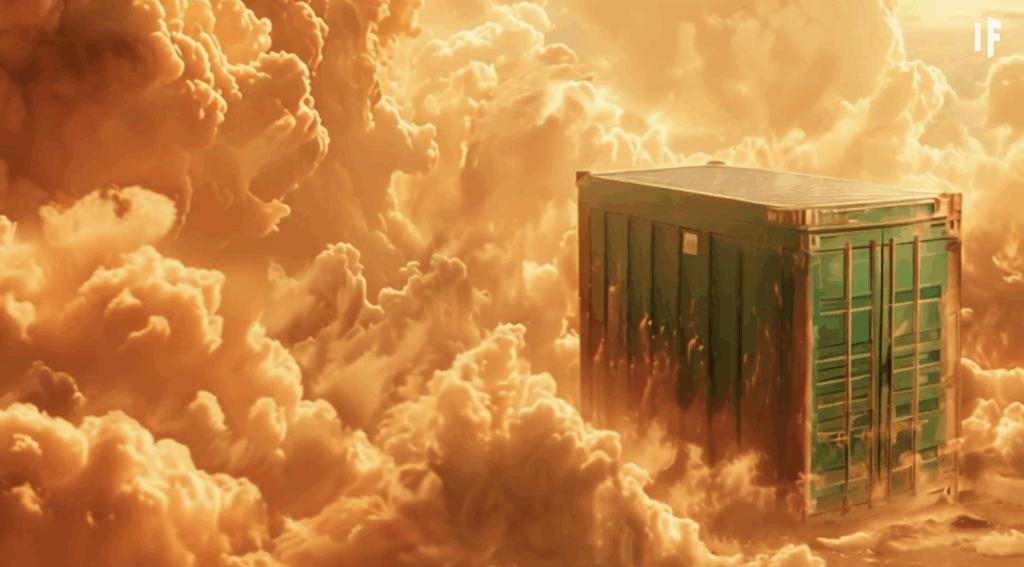
However, guiding that process safely and accurately would be extremely complex. Even a small navigation error could send waste into orbit or scatter debris across space, creating new hazards instead of solving the problem.
6. But a Single Mistake Could Be Catastrophic
A single rocket failure could scatter garbage across the Solar System. If one of these spacecraft exploded near the Asteroid Belt or on its way back to Earth, it could send toxic waste, sharp metal, and broken electronics flying through space indefinitely. This could pose threats to satellites, spacecraft, or future space colonies.
Space debris is already a growing problem, and adding massive amounts of trash could make orbital paths even more dangerous. One accident could trigger a chain reaction, damaging essential space infrastructure and setting back exploration efforts for decades.
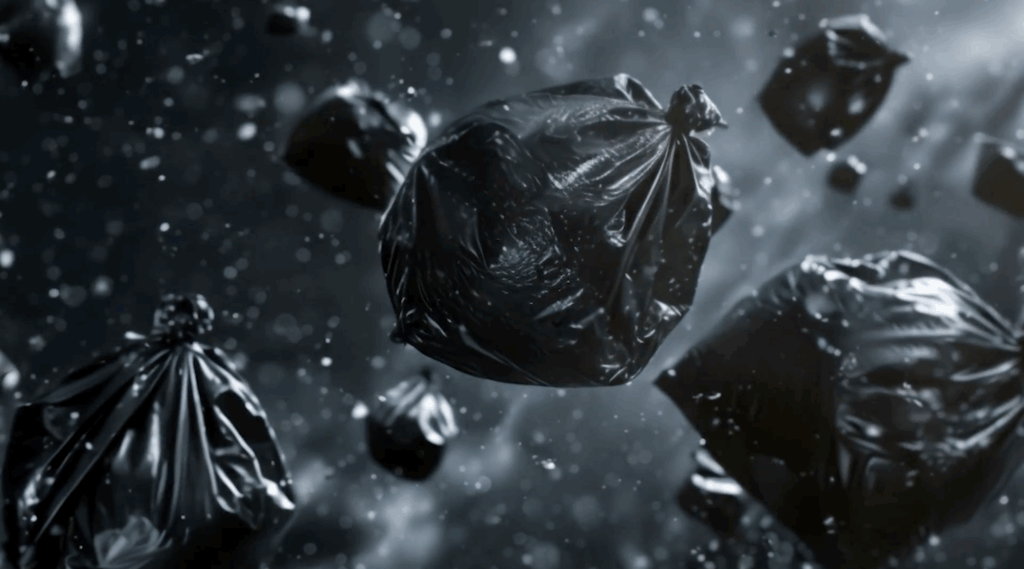
7. It Could Encourage Even More Waste on Earth
If we knew we could erase our waste in space, would we try harder to reduce it on Earth? Probably not. Knowing there is an off-planet solution might lead to more overconsumption, less recycling, and even more global pollution. Rather than encouraging responsibility, this plan might enable more environmental damage.
Relying on space as a dumping ground could shift focus away from sustainable practices and innovation in waste management. It may create a false sense of security, delaying real solutions while the environmental crisis on Earth continues to grow.
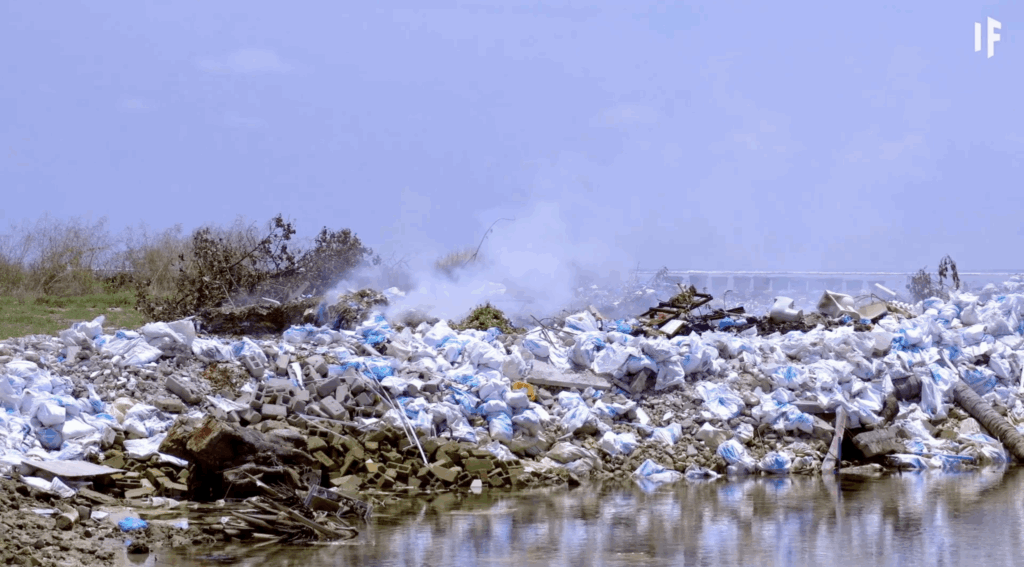
8. The Environmental Cost Could Be Worse Than the Problem
Creating an entire industry around launching trash into space would require massive energy output, fuel consumption, and industrial manufacturing.
These processes would generate their own waste and emissions, potentially worsening climate change. Instead of building space rockets to fix our garbage problem, we might be better off investing in local solutions, improved recycling, and sustainable design.
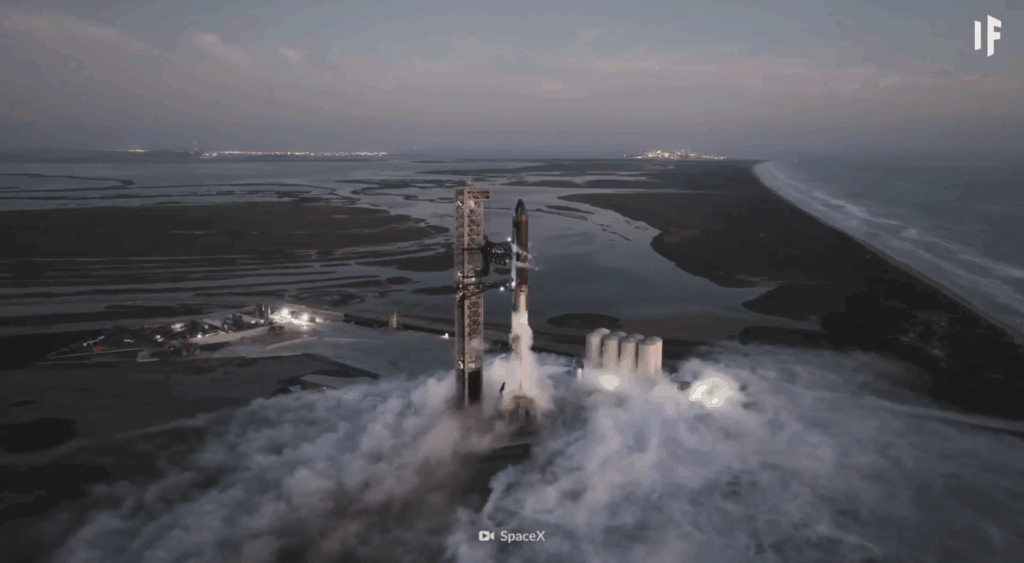
So, should we launch our trash into space? Probably not. At least, not yet. Until we develop cleaner methods of managing waste here on Earth, turning Jupiter into a landfill might be one of the worst solutions we can imagine.





















